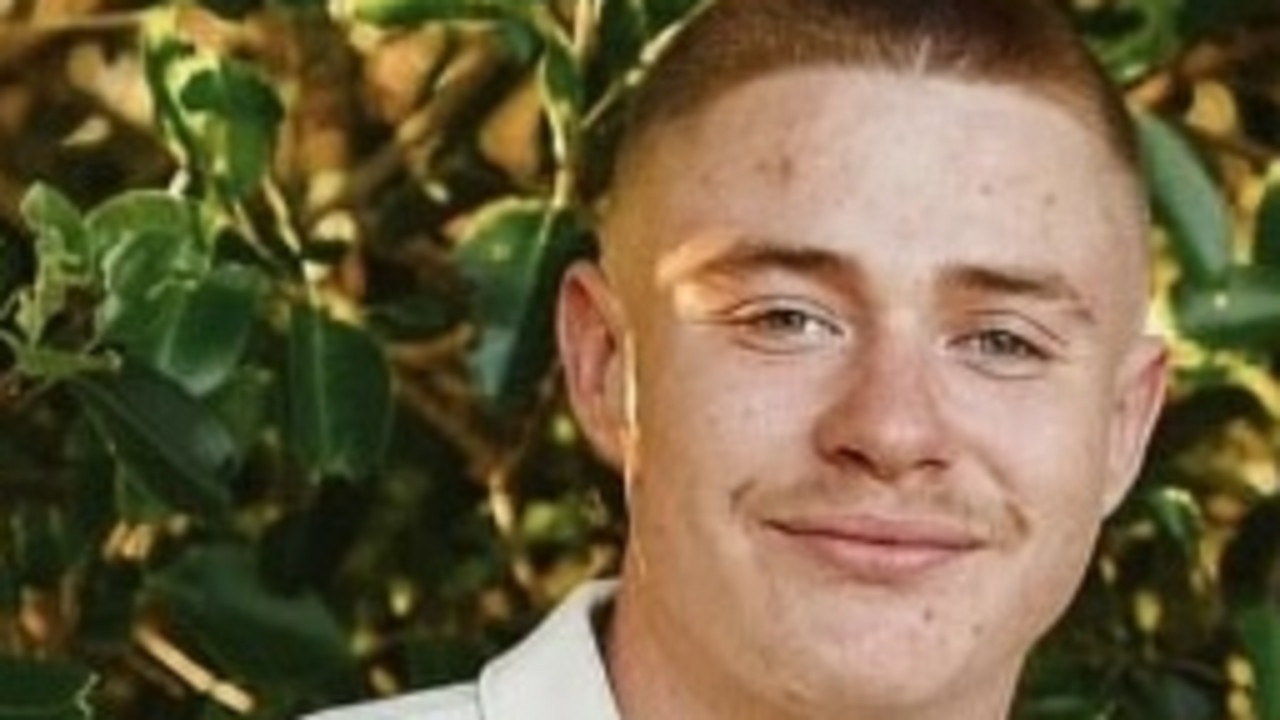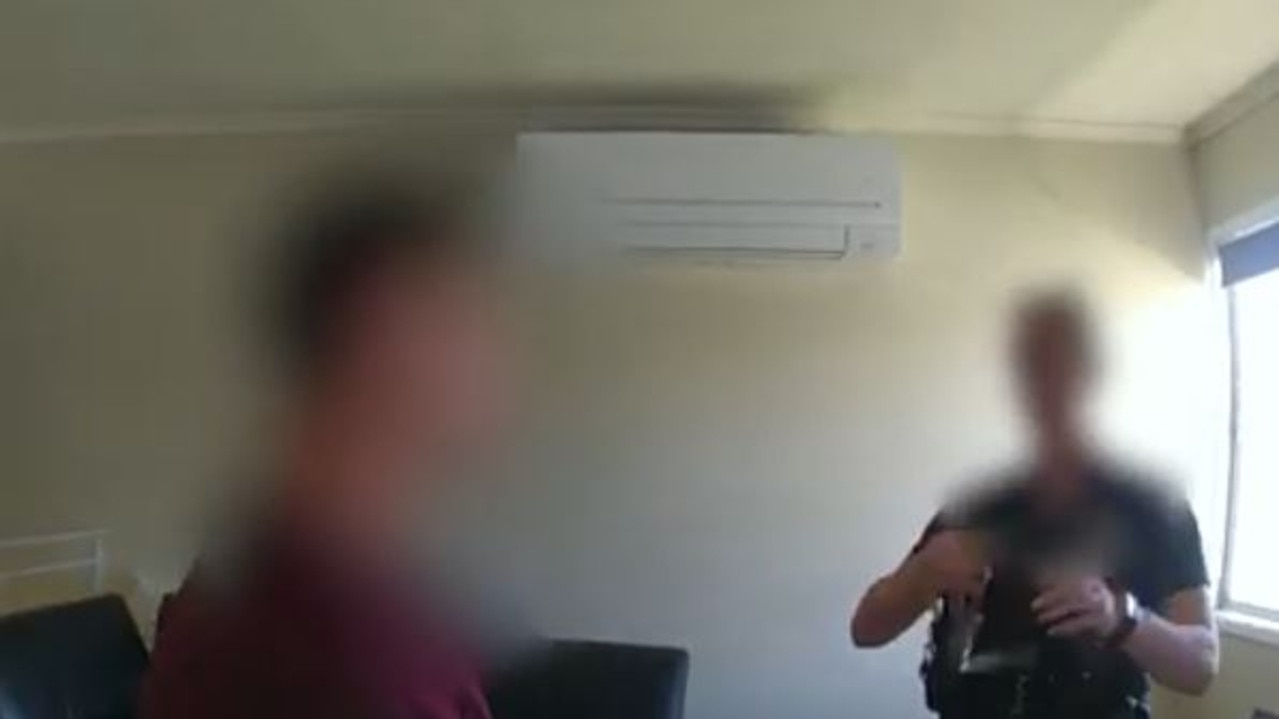Cops’ secret weapon against brazen juvenile crime livestreaming
Police are turning the tables on “post and boast” juvenile offenders, using their social media activity against them.

Police & Courts
Don't miss out on the headlines from Police & Courts. Followed categories will be added to My News.
The state’s top youth crime cop says social media giants could be doing more to stop perpetuating the fear of crime and the impact on victims when juveniles livestream their crimes.
It comes after a Courier-Mail investigation into the online world of young criminals who livestream themselves driving in stolen cars, breaking into houses and putting others in danger for clout.
Deputy Commissioner Shane Chelepy said police were working around the clock to catch offenders in the act through social media, but the companies also had a responsibility to uphold.
“I think all of our social media platforms … could look at it more through a community safety lens than a business lens,” Mr Chelepy said.
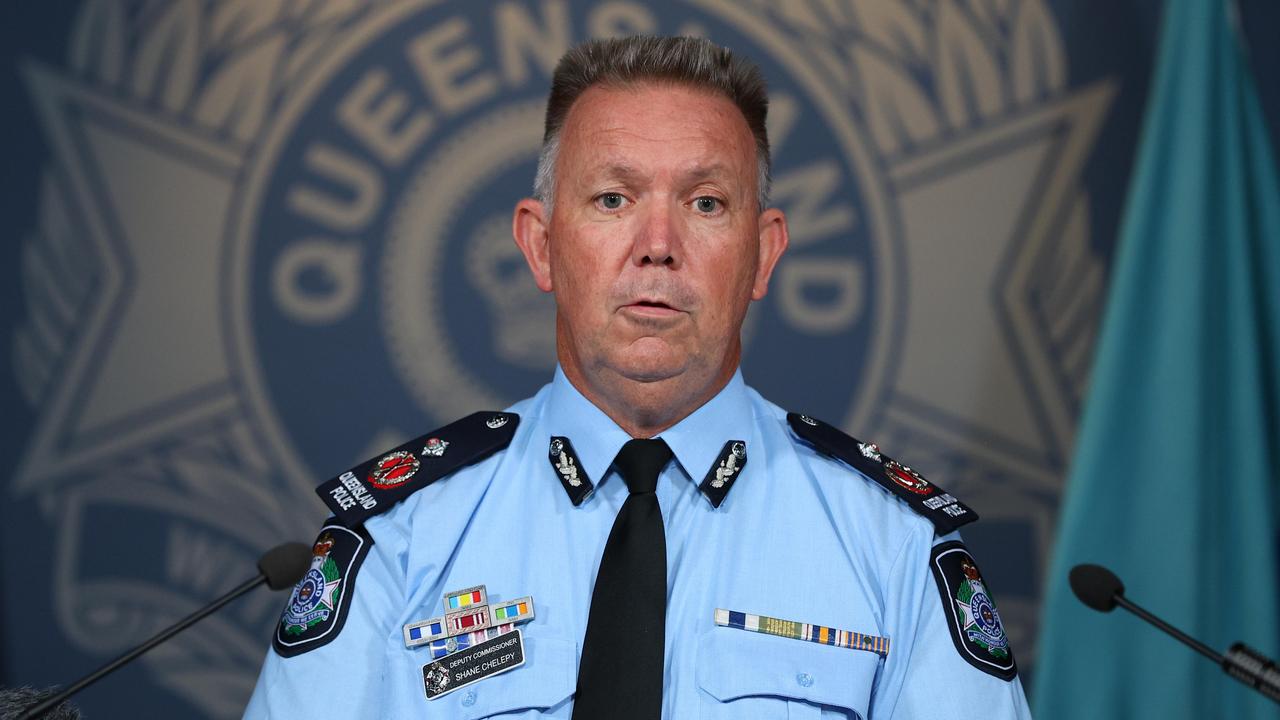
“They have to get that balance right. Between the benefits and the negatives of social media.
“I just think that every business no matter who you are, you have a social responsibility.”
Queensland police’s newly established Digital Intelligence and Community Engagement team is leading the way in using social media as a tool to both interact and “myth-bust” with the community, but also catch criminals in real time.
Since its inception last year, the team has followed more than 770 leads found through online posts, identified 86 offenders, and helped charge 212 people with the aggravating offence of social media boasting.

Among those allegedly caught were three teenagers who police say stole a car from Holland Park in January, but the team was able to track them down online within an hour and help police on the ground make an arrest.
Just last week, the team led officers to a person who was allegedly livestreaming a break-in at a Coolum Beach house to a community group.
And last year, the team tracked down six teenagers allegedly involved in multiple robberies and a car theft around southeast Queensland after the group livestreamed their antics.
Mr Chelepy said police had seen an escalation in young people sharing their exploits online.
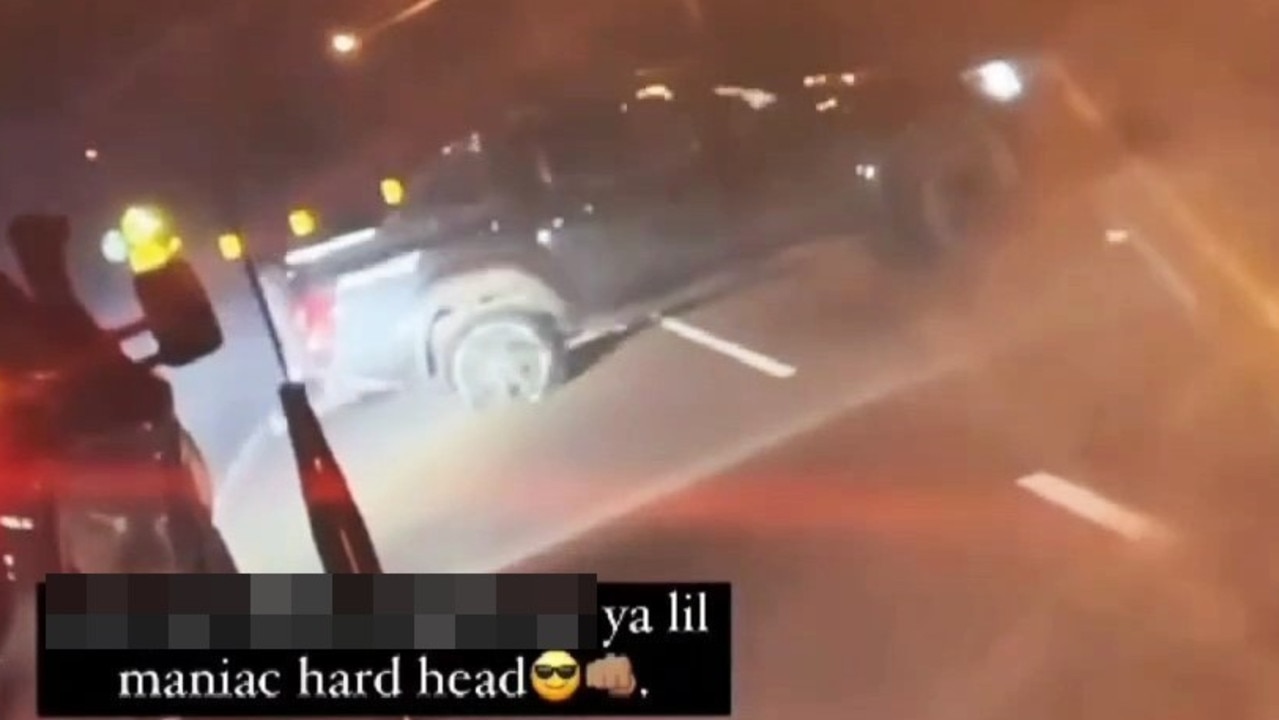
“We’ve seen evidence of one-upmanship.
“It really is about almost outdoing each other.
“We’re seeing victims who become victims of crime, then having to relive becoming a victim of crime by seeing their crime or their vehicle posted on social media. It’s a real challenge.”
In Queensland’s crime-riddled town of Townsville, juveniles livestreaming their crime is a regular occurrence.
Townsville Detective Acting Inspector Dave Miles said the biggest impacts of social media boasting was to the victims.
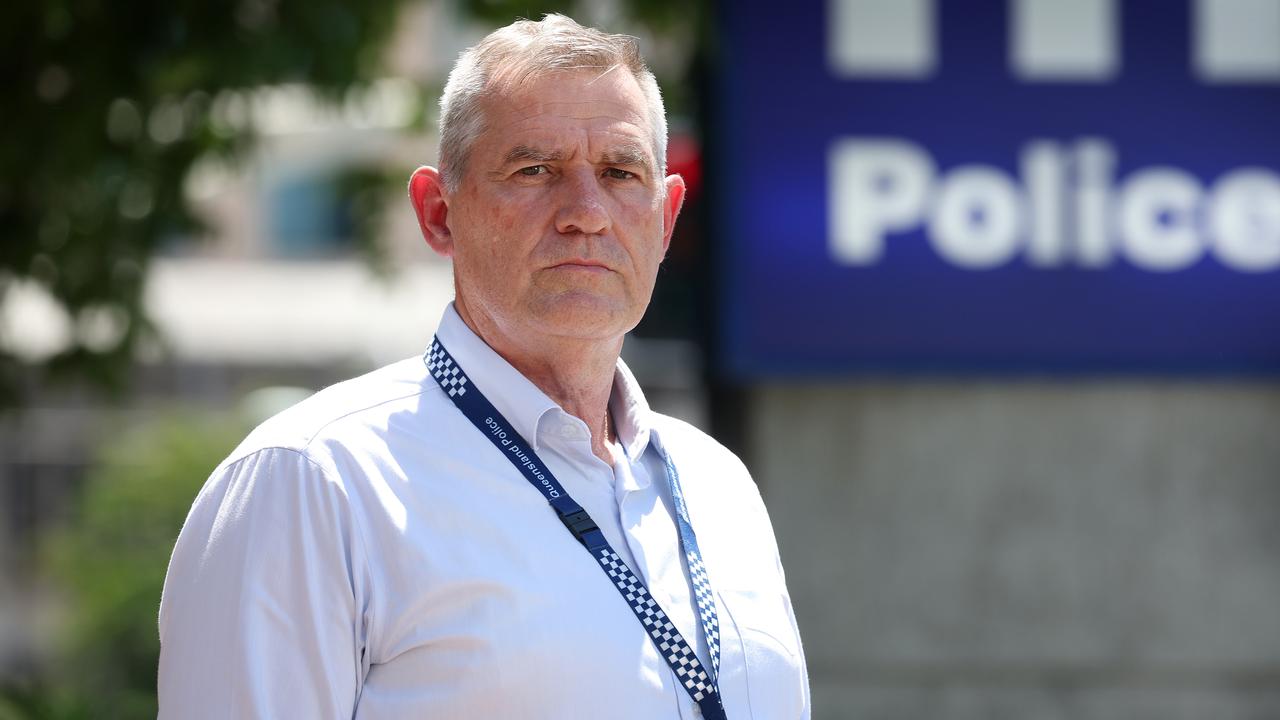
“There’s two sides, we have victims quite distraught about it … we’ve had victims call up who see their car committing more offences,” Detective Miles said.
“Some are quite traumatised by it. Most of our victims are seeing large investments of property being destroyed by these young people and that’s confronting, and offensive in some respects, but also quite saddening.”
Mr Chelepy said police took regular action to take down social media accounts which were streaming crime, but also used it as a tool to gather evidence.
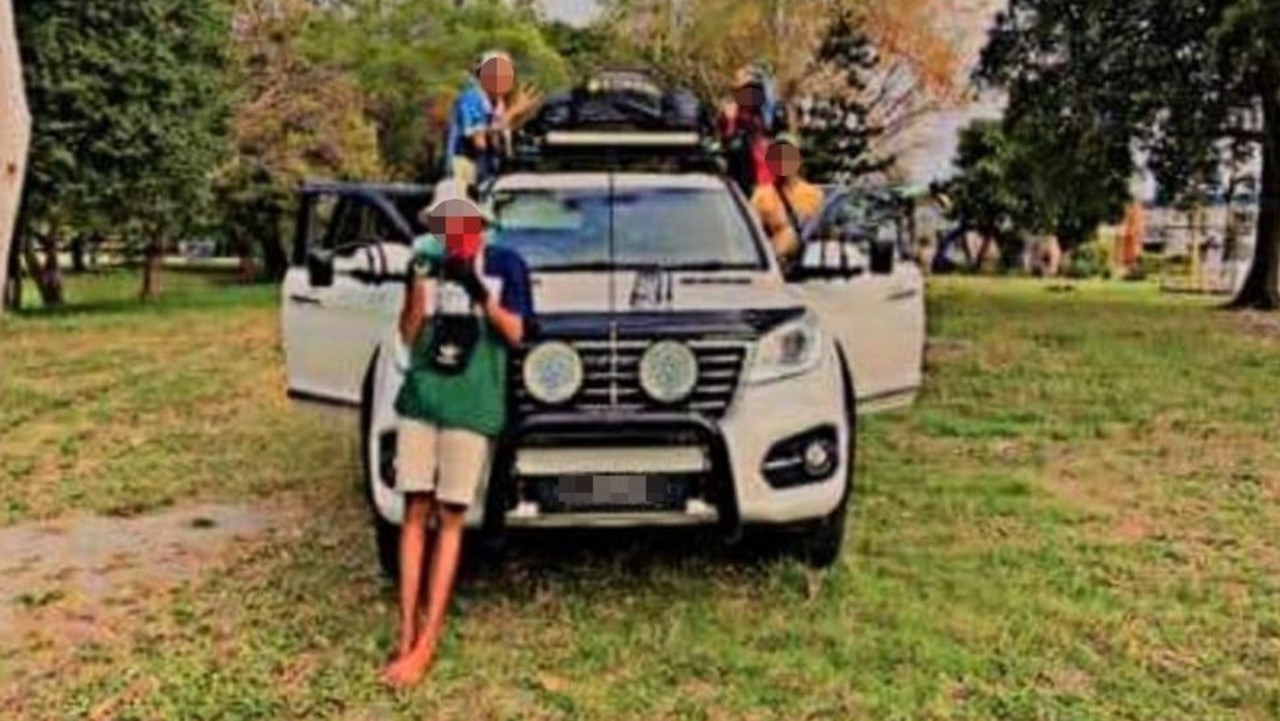
“It is a balance between having sites taken down and then gathering intelligence from sites.
“We always take a community safety lens first. So we don’t leave something online that’s going to impact community safety because we might be able to get an investigative approach from it.”
But when an account was taken down, another one popped up just as quick.
“What we’re seeing is a really small cohort that uses this approach. Unfortunately, they are our high end service repeat offenders.
“Particularly in the southeast, there’s that young cohort that just uses social media to continually one up each other.
“I think what we’re seeing now with social media, because it’s so rapid, so fast, I think it’s got the potential to perpetuate fear of crime.
“But with the perpetuation of social media, I think the community feels that every crime has been committed by young offenders.”





